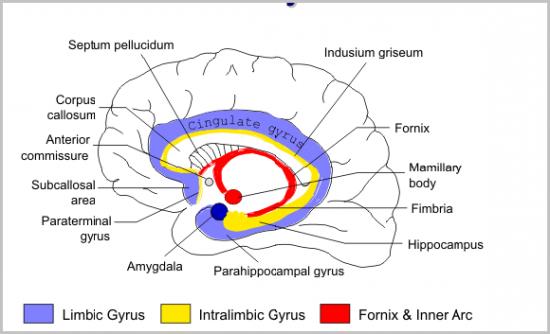海马体(脑中一个应激荷尔蒙受体密集存在的区域)中神经发生的减少,已被与焦虑和抑郁症的发病关联起来,但一直缺乏关于这种作用的直接证据。Snyder等人发现,专门抑制小鼠的成年神经发生,会中断内分泌和行为应激反应,还会增加多种与抑郁相关的行为。

这些数据表明,成年后生成的海马体神经元在调控应激反应中发挥作用,同时这些数据还首次确定了与抑郁症直接相关的一个因素。
生物探索推荐英文论文摘要:
Adult hippocampal neurogenesis buffers stress responses and depressive behaviour
Glucocorticoids are released in response to stressful experiences and serve many beneficial homeostatic functions. However, dysregulation of glucocorticoids is associated with cognitive impairments and depressive illness1, 2. In the hippocampus, a brain region densely populated with receptors for stress hormones, stress and glucocorticoids strongly inhibit adult neurogenesis3. Decreased neurogenesis has been implicated in the pathogenesis of anxiety and depression, but direct evidence for this role is lacking4, 5. Here we show that adult-born hippocampal neurons are required for normal expression of the endocrine and behavioural components of the stress response. Using either transgenic or radiation methods to inhibit adult neurogenesis specifically, we find that glucocorticoid levels are slower to recover after moderate stress and are less suppressed by dexamethasone in neurogenesis-deficient mice than intact mice, consistent with a role for the hippocampus in regulation of the hypothalamic–pituitary–adrenal (HPA) axis6, 7. Relative to controls, neurogenesis-deficient mice also showed increased food avoidance in a novel environment after acute stress, increased behavioural despair in the forced swim test, and decreased sucrose preference, a measure of anhedonia. These findings identify a small subset of neurons within the dentate gyrus that are critical for hippocampal negative control of the HPA axis and support a direct role for adult neurogenesis in depressive illness.







